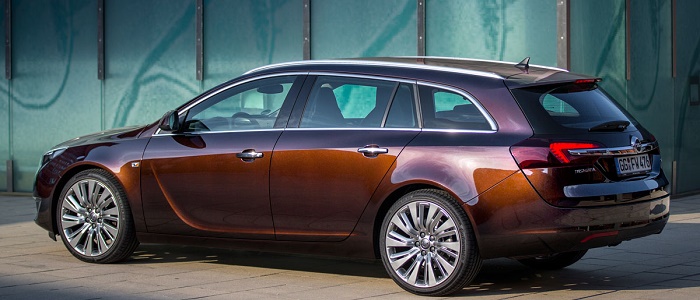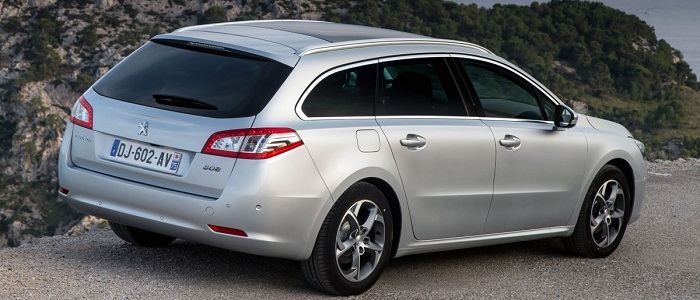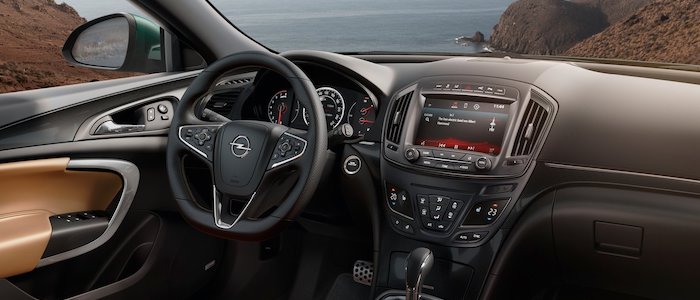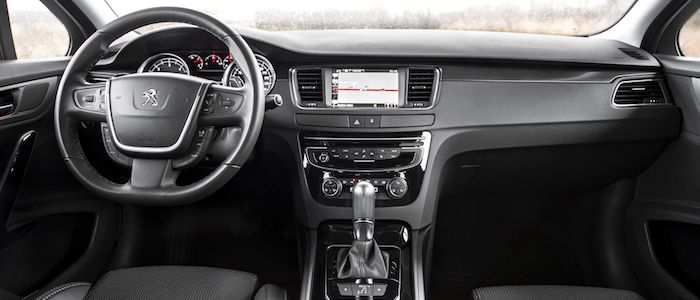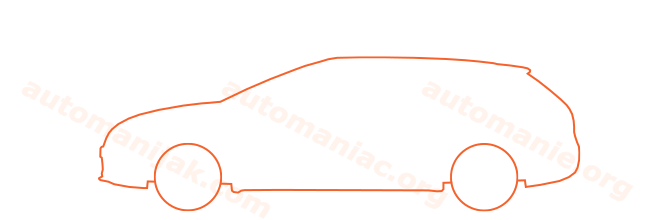Compare two cars
Compare any two cars and get our Virtual Adviser™ opinion
Dimensons & Outlines
Check vehicle history
Engine
2.0 mJet 120
Performance (manual gearbox)
Performance (automatic gearbox)
Expenses
Virtual Adviser's™ opinion
Well, these are two pretty similar cars we have here! It's only details that could potentially make the difference. Considering they both belong to the large family car segment and utilize the same 5-door wagon body style and the front wheel drive system, it all comes up to the specific diesel engine choice they offer. The first one has a FIAT-engineered powertrain under the hood, a 4-cylinder, 16-valves 120hp unit, while the other one gets its power and torque from a 4-cylinder, 16-valves 150hp engine designed by Peugeot.
SafetyA starting point here would be to take a look at the results from European New Car Assessment Programme (Euro NCAP) tests which were performed on both of the cars, with the same number of safety stars gained in the process. That aside, let's consider some other aspects which affect safety. Both vehicles belong to the large family car segment, which is generally a good thing safety-wise, but that fact doesn't break the tie between the two cars. Furthermore, when it comes to weight, a factor that most people underestimate, the German car offers a marginal difference of 9% more metal.
ReliabilityReliability is not the best thing to consider on the make level, but it is worth mentioning that Peugeot does have a slight advantage, at least on all of the models level. These are the results of an independent reasearch, while our visitors describe reliability of Opel with an average rating of 4.2, and models under the Peugeot badge with 4.3 out of 5. The same official information place Insignia as average reliability-wise, and 508 is more or less at the same level.Above it all, drivers of cars with the same engine as the German car rank it on average as 2.5, while the one under the competitor's bonnet gets 4.6 out of 5.
Performance & Fuel economyPeugeot is way more agile, reaching 100km/h in 3.3 seconds less than its competitor. In addition to that it accelerates all the way to 210 kilometers per hour, 20km/h more than the other car. When it comes to fuel economy things look pretty much the same for both cars, averaging around 4 liters of fuel per 100 kilometers (71 mpg), in combined cycle.
Verdict
Peugeot is apparently more reliable, not too much, but just enough. The most important thing when deciding between any two vehicles should always be safety, both passive and active. In my opinion, everything taken into account, the German car offers slightly better overall protection and takes the lead. From there things take a different direction, with Peugeot outracing its opponent in any situation possible, making it better choice for boy racers. It does come at a cost though, and that's the fuel consumption... It's not difficult to say then that if I'd need to make a choice, it would definitely be the Peugeot. Anyway, that's the most objective conclusion I could've came up with and it's based solely on the information found on this website. Aspects such as design, practicality, brand value and driving experience are there for you to measure them out. I suggest you spend two more minutes in order to find out which car, based on your needs and budget, would be picked by the virtual adviser™, out of 12.000+ vehicles we currently have in our database.
Related articles
Autonomy... Not exactly the most popular word in Europe these days. Nevertheless, to us who each year fill our cars with children, 7 suitcases, bags full of who-knows-what, and one beach-set per child, heading towards warmer places, autonomy plays an important...























